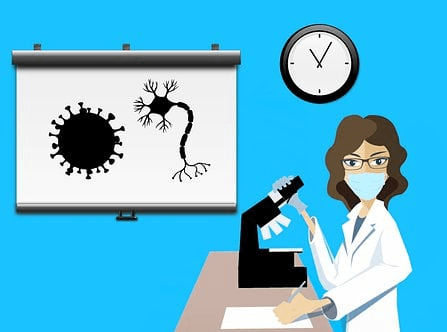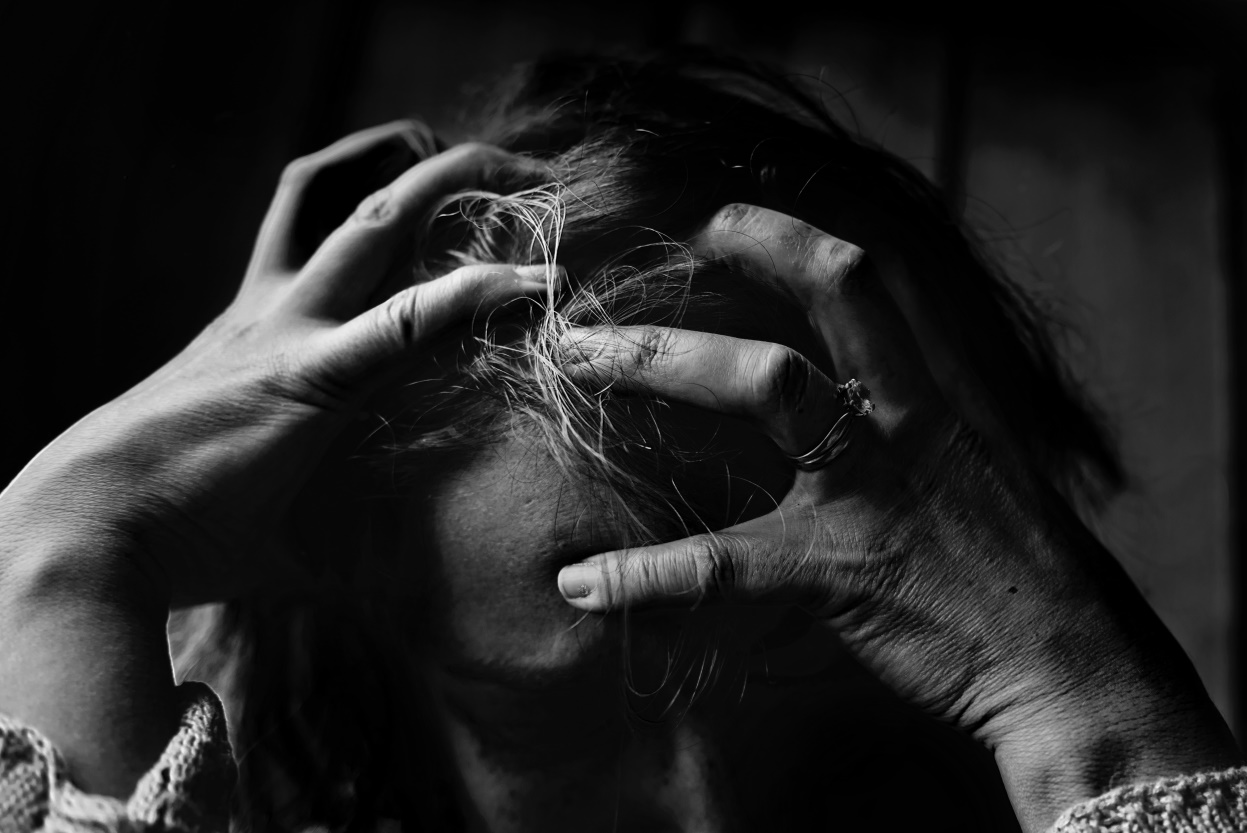OCD: What Is It?
Obsessive-Compulsive Disorder (OCD) is a mental illness in which individuals experience recurrent, unwelcome emotions or feelings (obsessions) that cause them to feel compelled to repeat an action again and again (compulsions). Continuous hand washing, cleaning relentlessly, and repeatedly checking on objects are examples of repetitive behaviors that can greatly disrupt an affected person’s everyday life.
Many people who don’t have OCD have upsetting thoughts or habits. On the other hand, these habits and thoughts rarely cause problems in daily life. People with OCD have persistent ideas and strict schedules. Not engaging in the actions creates a lot of distress.
Compulsions and obsessions are common in OCD. However, either one of these symptoms could occur individually as well. Your compulsions and obsessions can consume a significant amount of time and disrupt your daily schedule, as well as your social, school, and professional duties.

Symptoms of Obsession
Obsessions in OCD are recurring, intrusive, and undesired ideas or visions that create anguish or worry. You could try ignoring them or executing a compulsive activity or ritual to get rid of them. They usually pop up when you’re trying to accomplish or think of something, and frequently have patterns, such as:
· Contamination or germ phobia
· Doubting yourself and finding it difficult to bear uncertainty
· Needing to have things in an orderly and symmetrical fashion
· Thoughts of losing control and injuring yourself or others that are aggressive or horrifying
· Unwanted ideas about violence, sex, or religion.
Symptoms of Compulsion
Compulsions are recurrent activities that you feel forced to do because of your OCD. These habitual activities are intended to alleviate anxiety caused by your obsession or to prevent anything awful from occurring. However, these offer no pleasure and may only provide a momentary escape from anxiety and stress.
When experiencing compulsive thoughts, you can make up rules and rituals to assist you in controlling them. These urges are extreme, and they’re usually not associated with the problem they’re supposed to solve. Compulsions also have certain patterns like:
· Sticking to a rigorous schedule
· Cleaning and washing
· Checking and counting things repeatedly
· Requiring reassurance
Variations in Severity
OCD usually develops in the teenage years or early adulthood, but it can sometimes start in childhood. Symptoms normally appear gradually and progress in intensity over time. Compulsions and obsessions can evolve as well as the types of these symptoms. When you’re under a lot of stress, your symptoms usually worsen. OCD, which is commonly seen as a lifelong condition, can manifest itself in mild to moderate varieties or become so severe that it can become incapacitating.
Ketamine Therapy for OCD
Although it’s still a work in progress, ketamine therapy has shown great promise. Ketamine attaches to brain receptors that help enhance the quantity of the neurotransmitter glutamate produced. This sets off a reaction chain in the brain that can positively affect emotional regulation and thinking.
Are you looking for reliable OCD ketamine therapy in NY? Well, look no further. Ketamine Wellness Medical Practice offers ketamine therapy for OCD, ketamine infusions for migraines, ketamine therapy for depression, and PTSD ketamine treatment in NY. Contact us to learn more!








